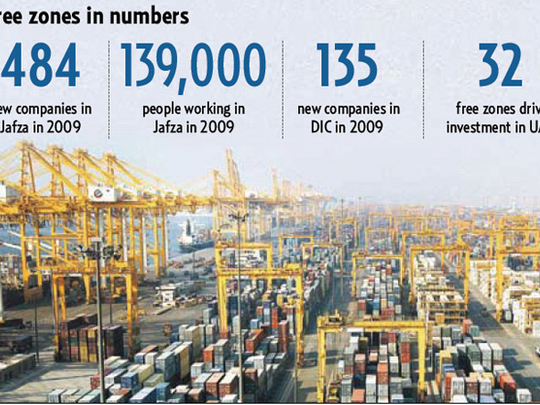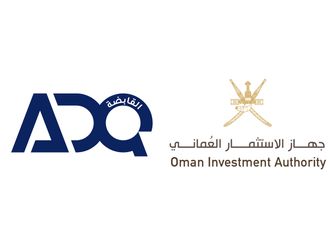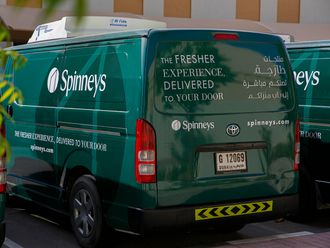
Dubai: A 50-per cent reduction in set-up costs among several other measures implemented by free zones in the UAE last year resulted in large numbers of new companies being registered at such districts, despite the economic downturn.
Jebel Ali Free Zone Authority (Jafza), which operates one of the world's largest free zones, Monday said it added 484 companies last year to bring the total number of firms operating in the Dubai-based cluster to 6,402. As many as 139,000 people were employed by Jafza-domiciled companies at the end of 2009, the authority said in a statement.
Dubai Internet City (DIC), one of the country's first free zones, said it registered 135 new firms in 2009.
Some free zones, especially those in the Northern Emirates, removed the prerequisite of renting office space, effectively slashing the annual outlay by more than half.
Other zones, particularly those in Dubai, restructured their packages and processes to make them more streamlined and investor-friendly.
"Take the SAIF Zone [Sharjah Airport International Free Zone]," said Raju Menon, managing partner at Morison Menon, a global business advisory firm with a presence in the UAE. "It has brought down the cost of setting up shop from about Dh55,000 earlier — as the lowest slab to about Dh25,000 per year, by removing the requirement to rent office space.
"This gets you a business licence and the entitlement to a certain number of visas. And you can work from anywhere, inside or outside the free zone. Other steps include the removal of certain deposits, which makes the packages more attractive."
While the Dubai Airport Free Zone Authority has also brought costs down slightly, others like Jafza have streamlined registration processes and fine-tuned services for investors.
Hani Al Hamli, secretary-general of the Dubai Economic Council, said Monday at a Breakfast Club meeting at Dubai Knowledge Village that the emirate continues to lead the Mena region in competitiveness. Dubai's economic performance often compares with the most developed countries, he added.
Jafza chose to add support services such as the revamped Project Ahlan customer service facility and the courier service EZ Post. An electronic queuing system has reduced processing time of transactions by up to 70 per cent, it said.
Jafza-based companies contributed $88.65 billion to Dubai's overall non-oil trade in 2008, comprising $49.7 billion in imports and $38.9 billion in exports. Among the new companies that joined Jafza in 2009 are multinational giants such as Halliburton and Michelin.
"Worldwide, the requirement for small and large new companies is going to continue to grow," said Dr Khalid Maniar, managing partner at Dubai-headquartered business consultancy and support firm Horwath MAK. "The growth rate may reduce in tough times, but it will never be negative at the net level."











